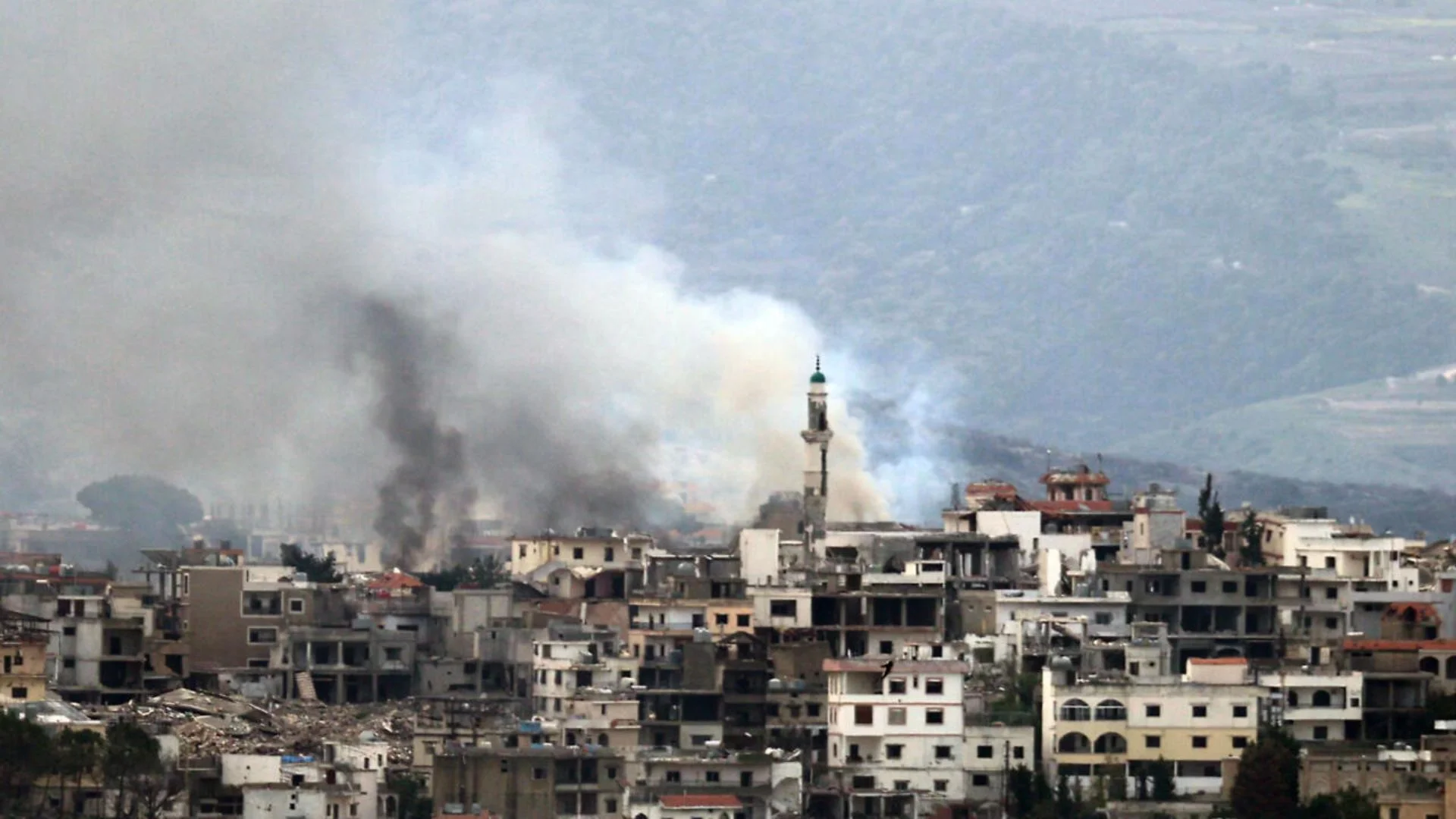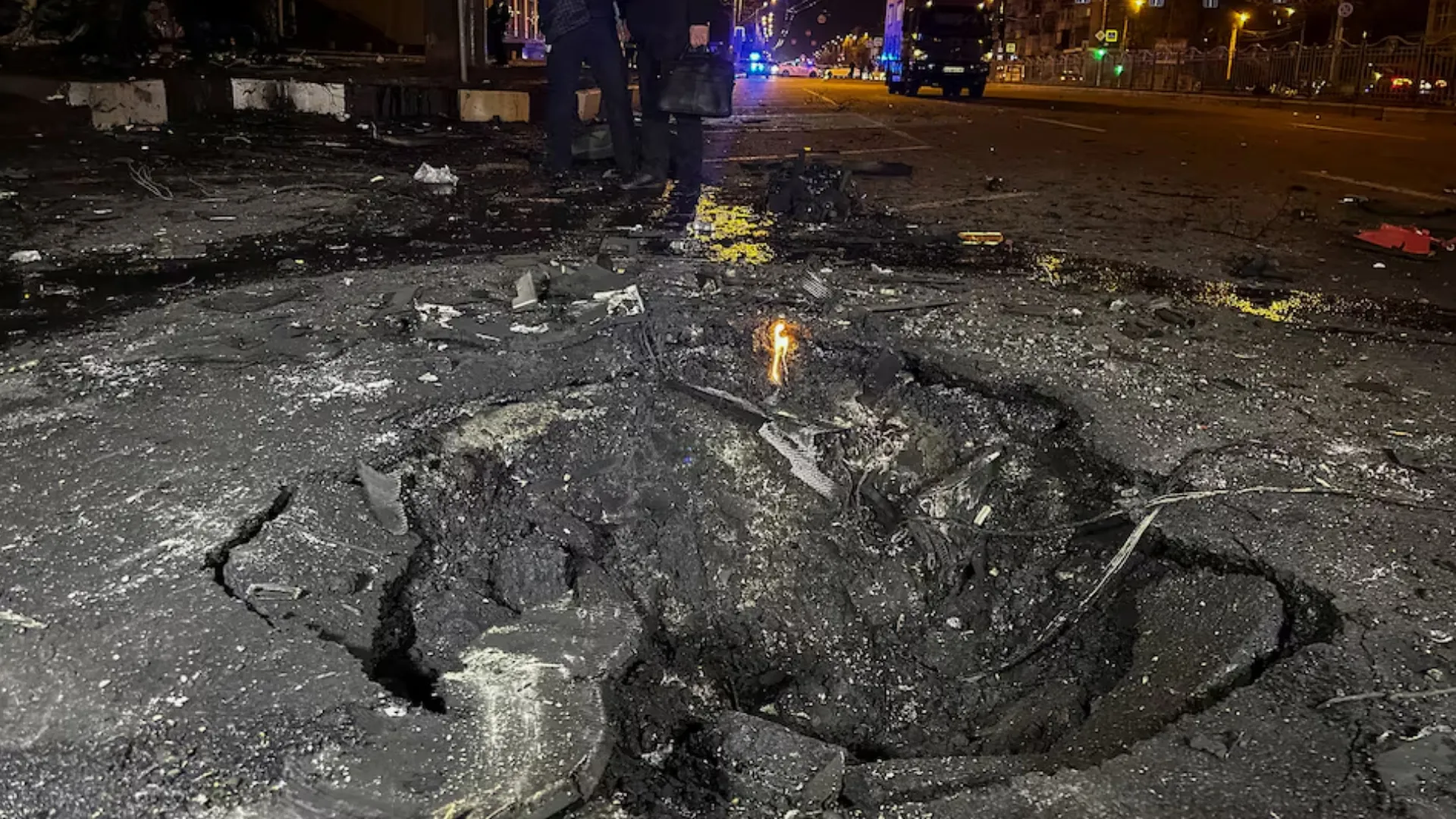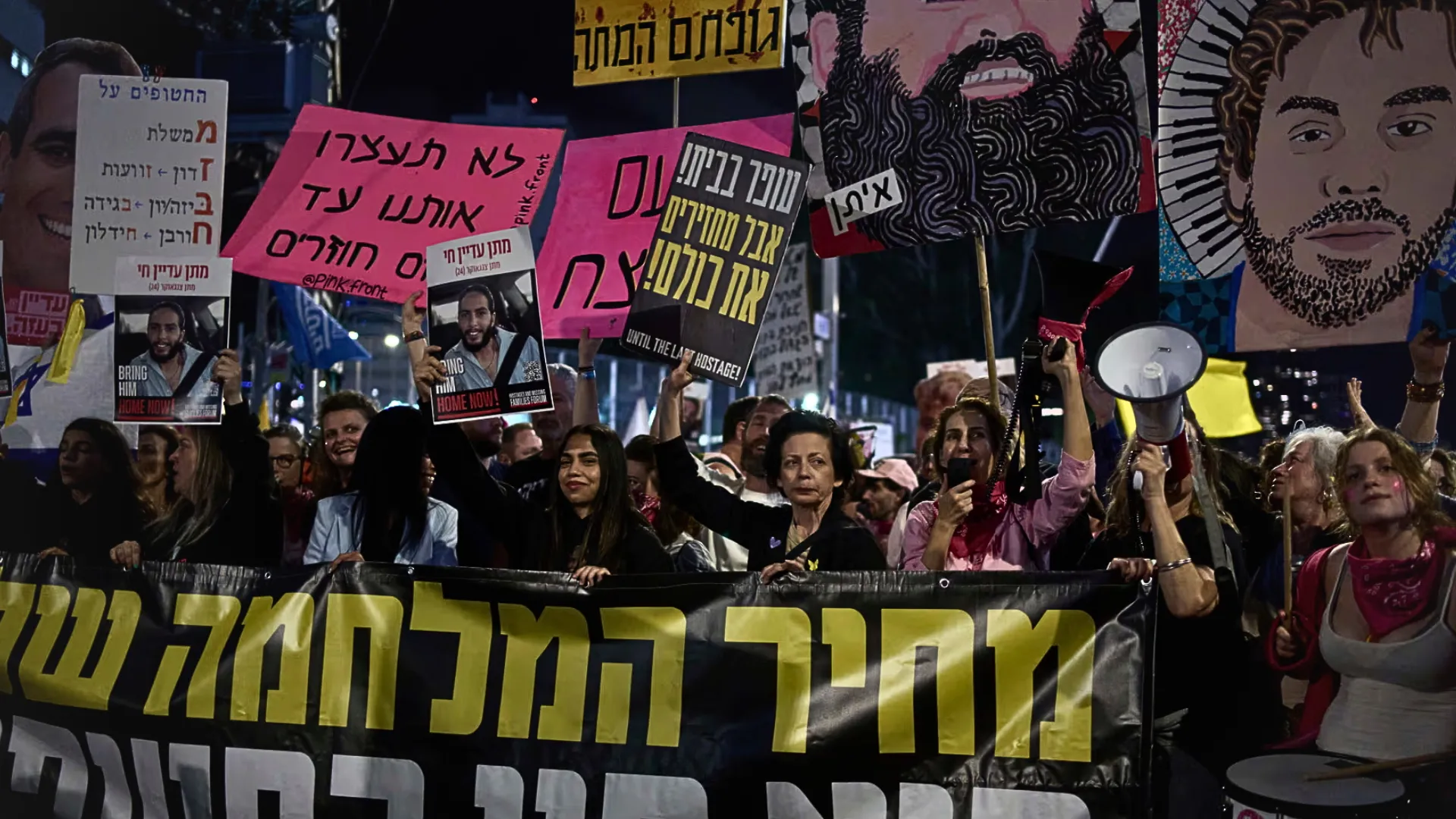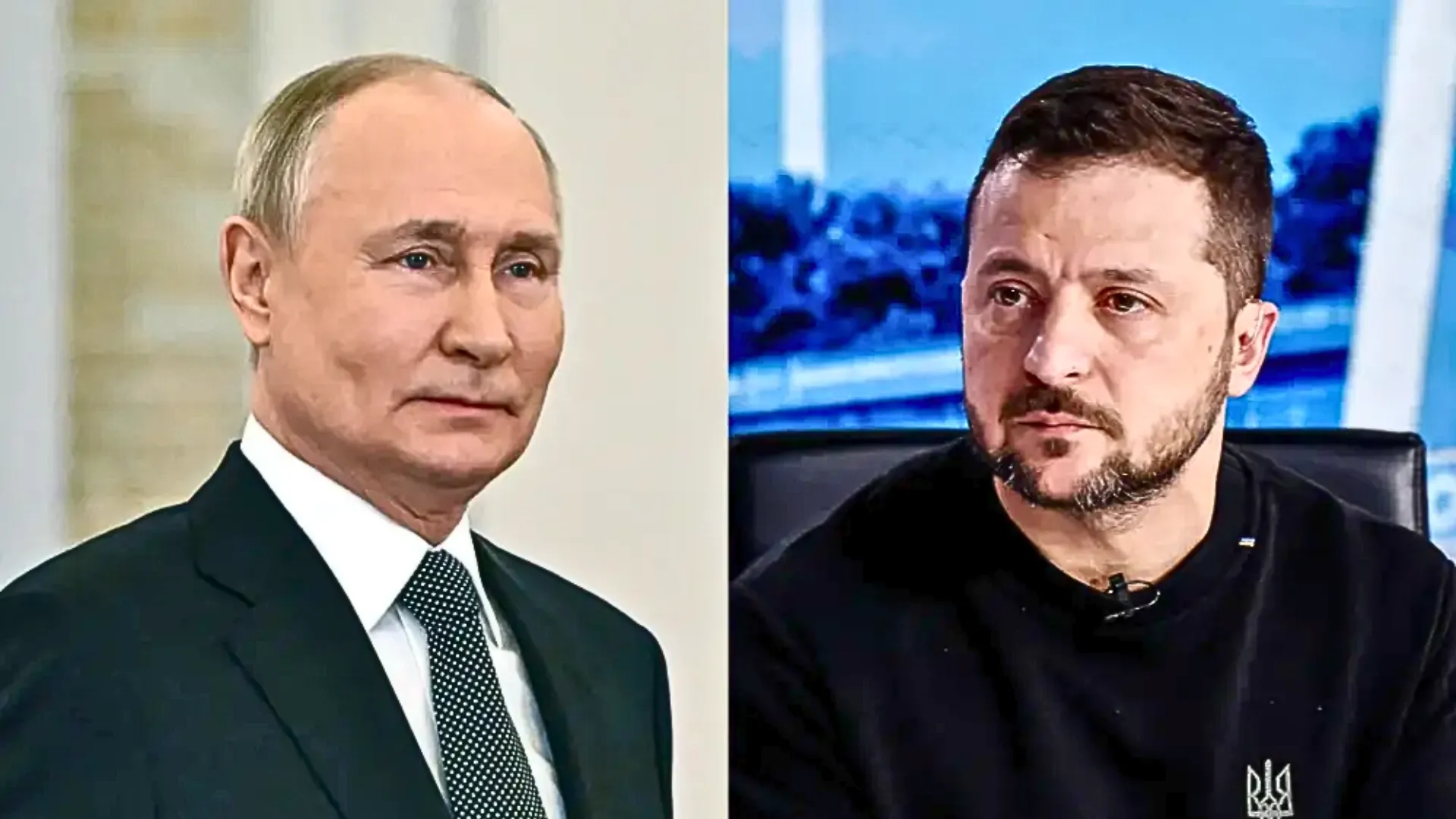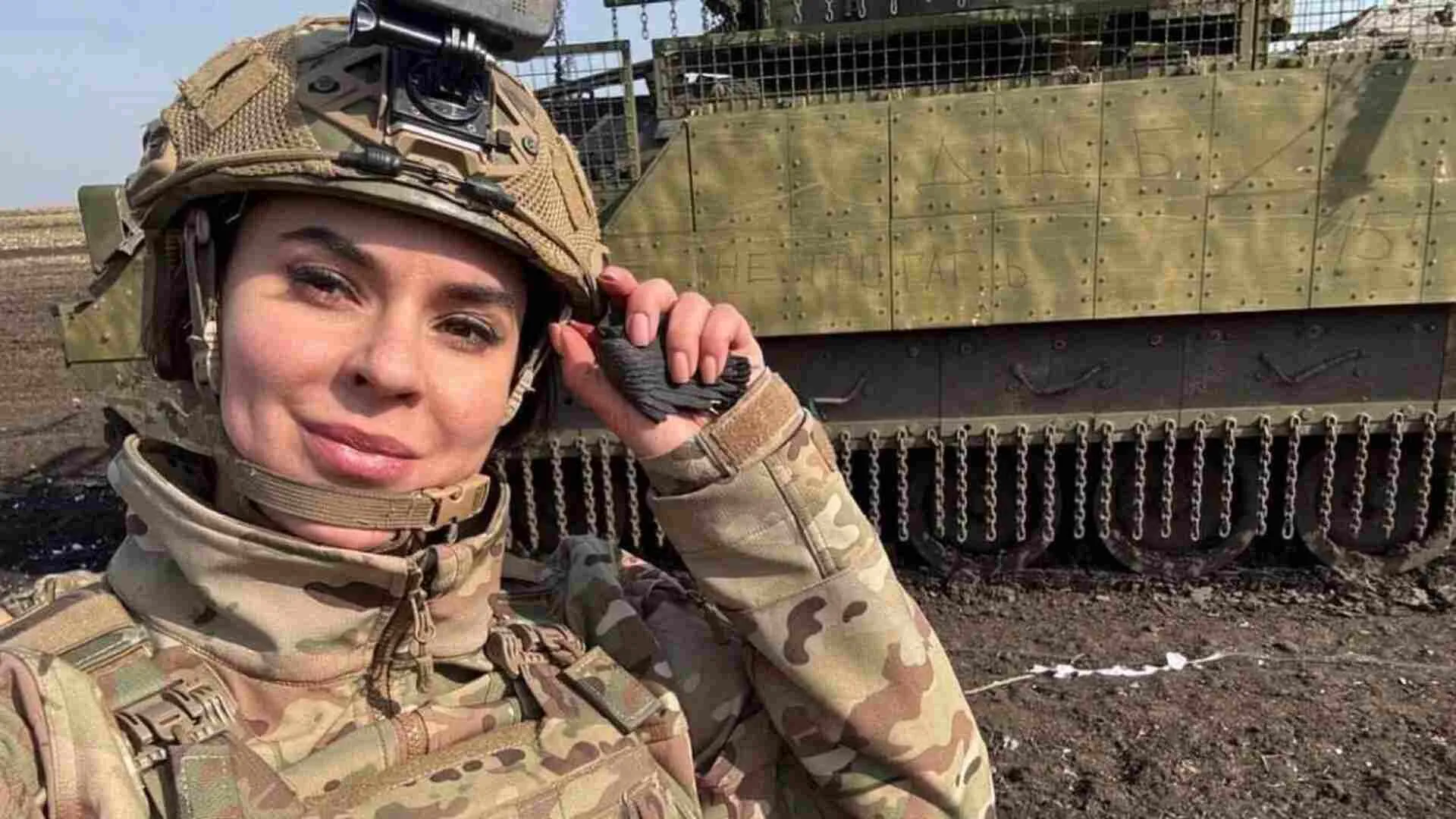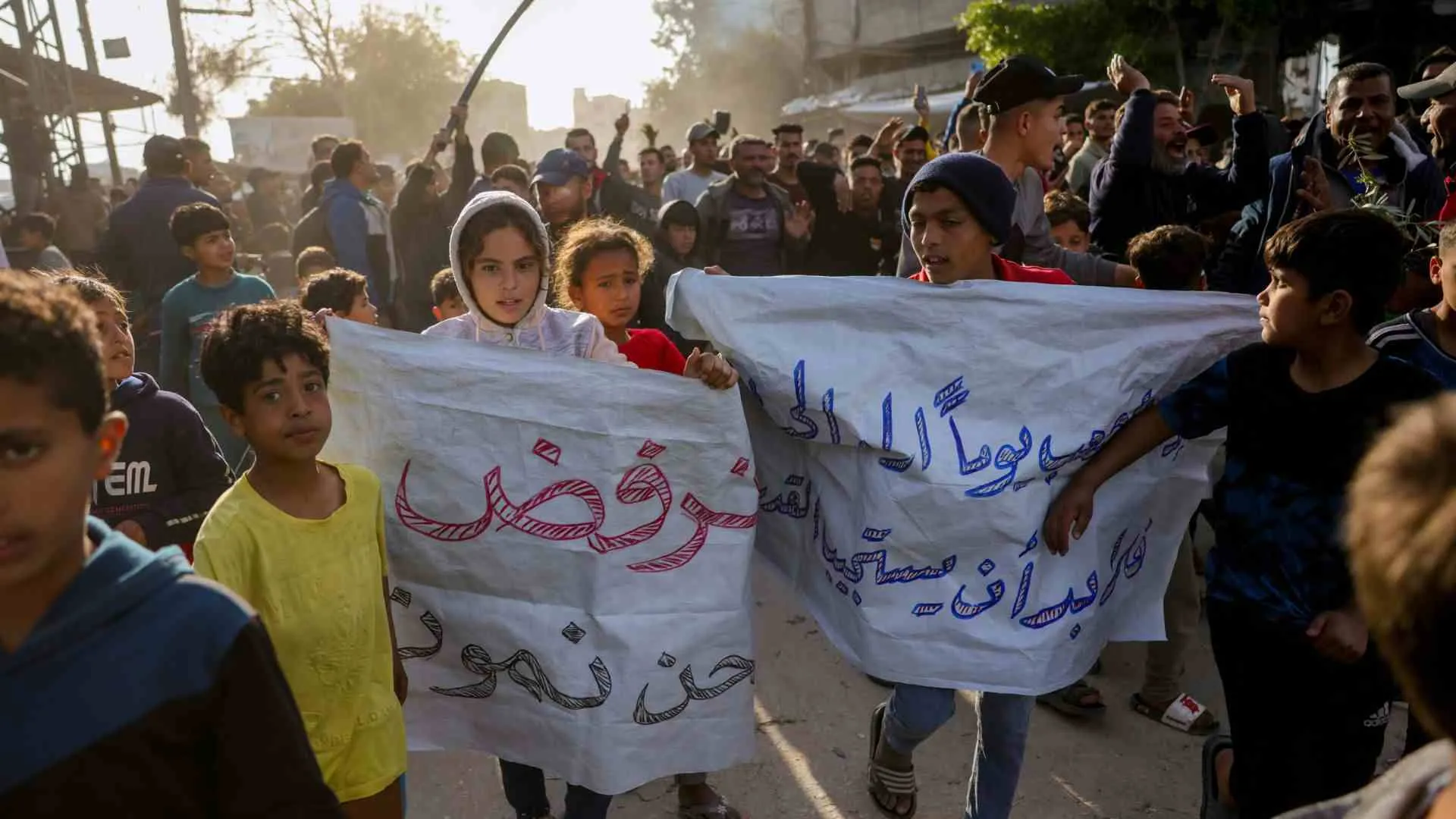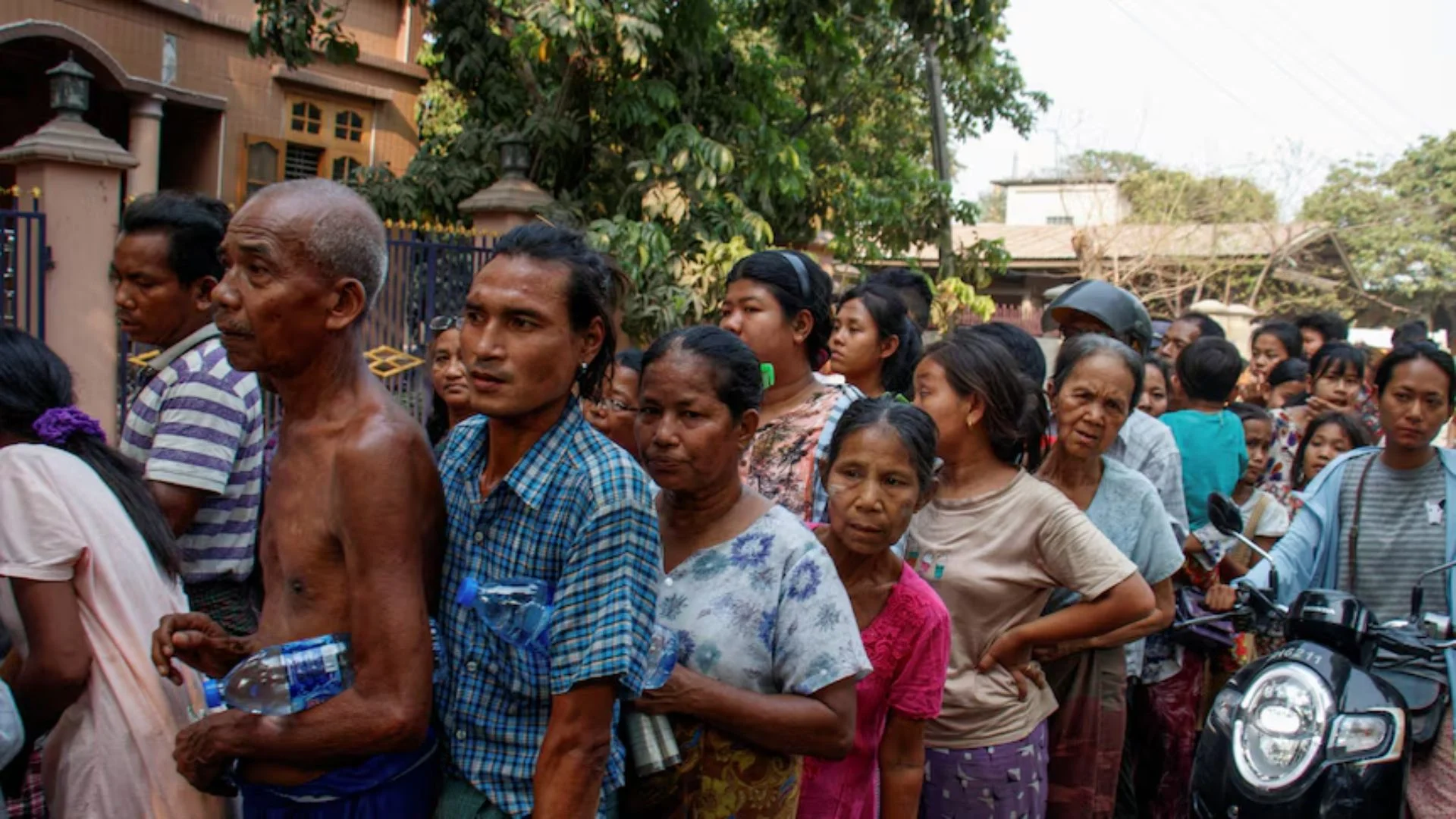Israel struck Beirut before dawn on Friday, responding to rockets that were launched from Lebanon at its northern territory, putting additional strain on the tenuous ceasefire with Hezbollah.
The Israeli military hit an alleged Hezbollah drone storage depot in Beirut’s Dahieh district in the first such attack in Lebanon’s capital since the November ceasefire. The bombing came after Israeli Defence Minister Israel Katz threatened that “if there is no quiet in Kiryat Shmona and the Galilee, there will be no quiet in Beirut.
Panic set in the crowded area as sirens wailed, schools closed, and traffic clogged streets as locals tried to escape. Israel’s military said two rockets were fired from Lebanon one was intercepted and the other fell within Lebanese borders.
Hezbollah disavowed responsibility for the rocket attack, reiterating its commitment to the ceasefire. Lebanese Prime Minister Nawaf Salam urged the authorities to conduct an investigation into the attack, to find out and arrest those who were responsible.
At the same time, Israel extended its air strikes to several sites in south Lebanon, such as Kfar Tebnit, where a man was killed and 18 other people, among them children, were wounded. Fighting in Naqura, where the UN peacekeeping force is headquartered, and Jezzine, north of the Litani River, raised fears of an expanded conflict.
French President Emmanuel Macron denounced Israel’s strike as a breach of the ceasefire, and UN envoy Jeanine Hennis-Plasschaert cautioned against further escalation having calamitous outcomes for civilians.
Tensions have not eased since Hezbollah launched cross-border attacks in October 2023, in retaliation for Israel’s war against Hamas in Gaza. Albeit under the ceasefire, occasional clashes and Israeli military actions continue to pose a threat to the area’s stability.

